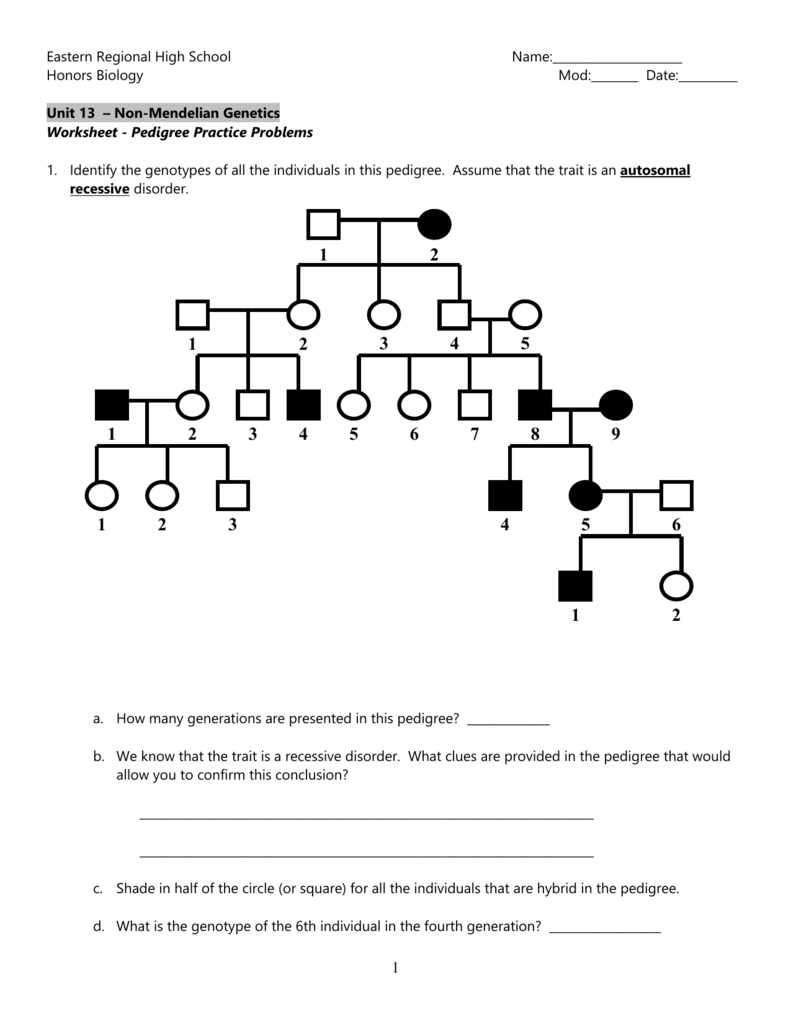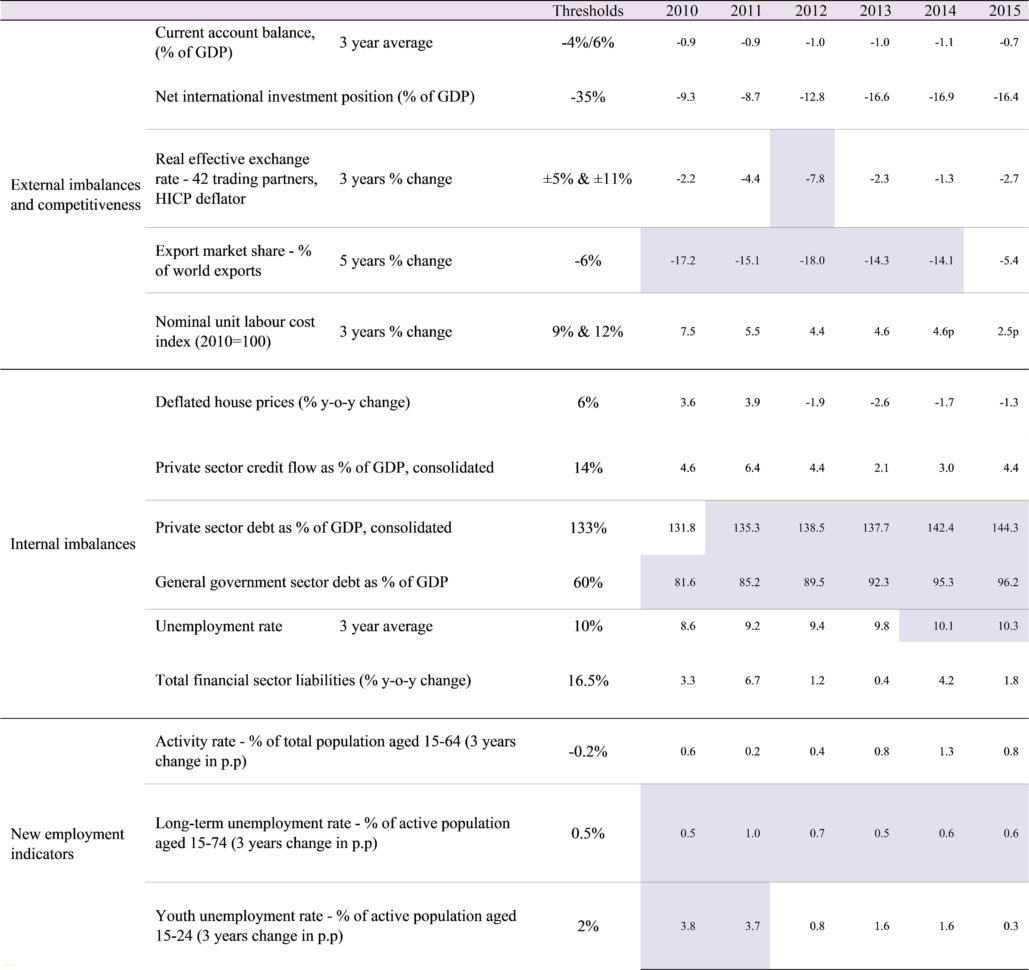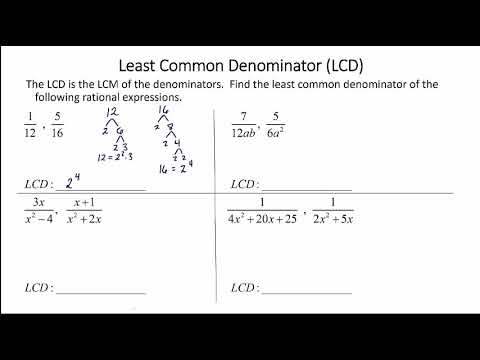5 Motivational Interviewing Worksheets to Boost Change
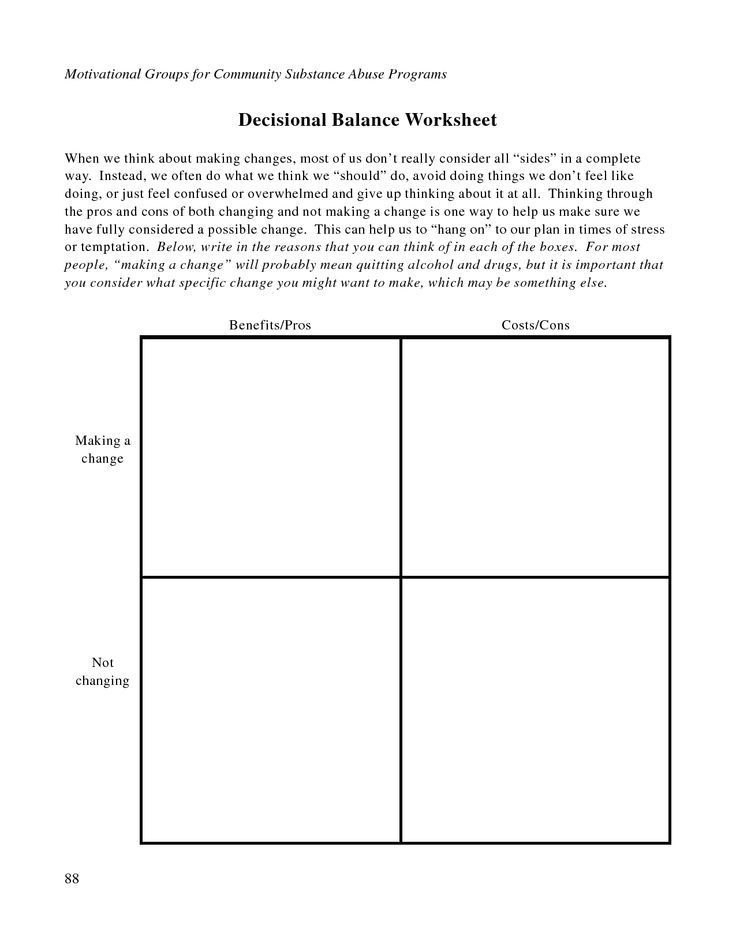
Motivational Interviewing: A Powerful Tool for Change
Motivational interviewing is a goal-oriented, client-centered counseling style that aims to facilitate intrinsic motivation to change. Developed by William Miller and Stephen Rollnick, this approach has been widely used in various fields, including healthcare, social work, and education. The core principle of motivational interviewing is to empower individuals to take control of their lives and make positive changes by exploring and resolving ambivalence.
In this article, we will explore five motivational interviewing worksheets that can help individuals boost their motivation to change. These worksheets are designed to facilitate self-reflection, identify ambivalence, and enhance motivation to achieve desired goals.
Worksheet 1: Exploring Ambivalence
Ambivalence is a natural part of the change process. Individuals often experience conflicting feelings about changing their behavior, which can hinder their progress. This worksheet helps individuals identify and explore their ambivalence.
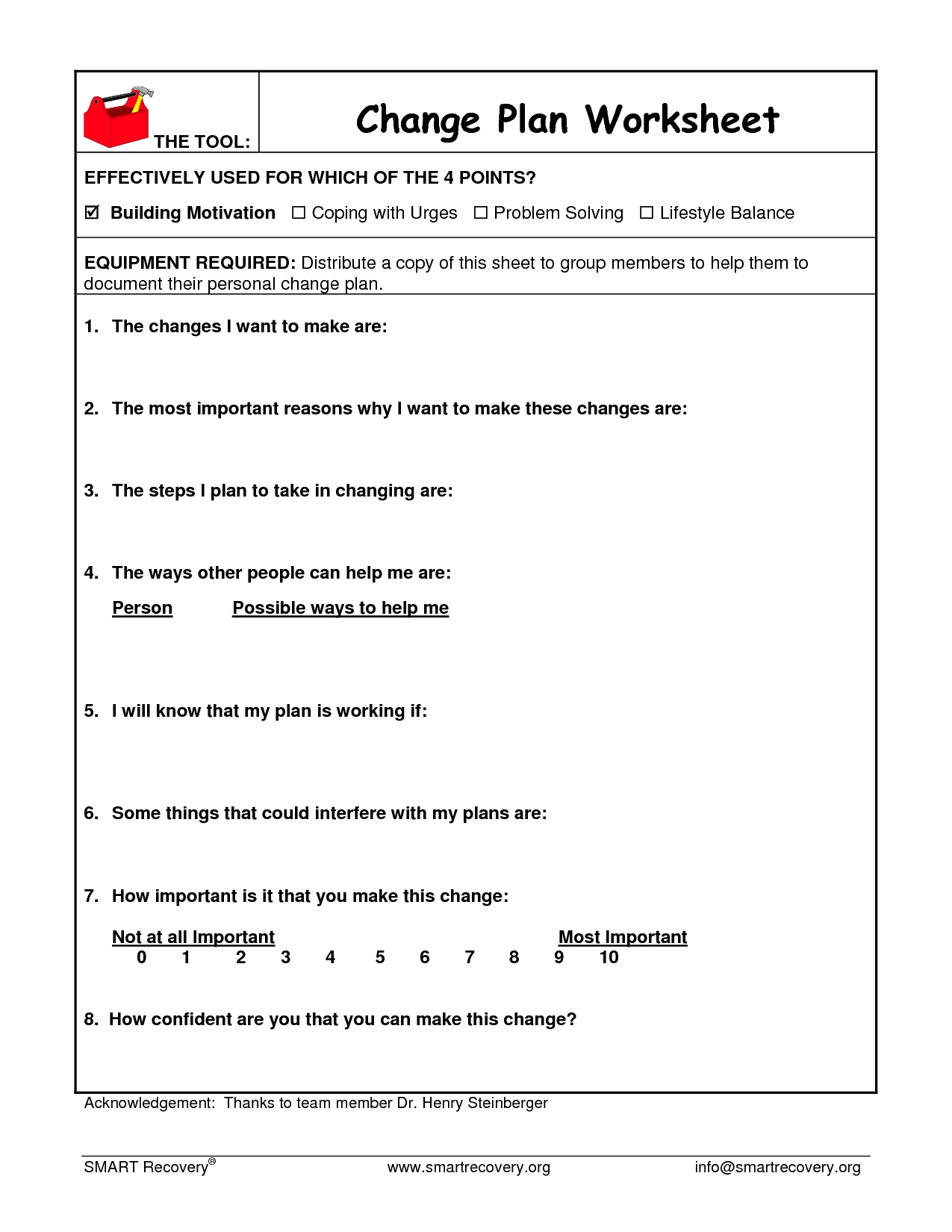
| Behavior/Goal | Reasons for Change | Reasons for Not Changing |
|---|---|---|
| Reducing sugar intake | Improving health, increasing energy | Missing favorite treats, social pressure |
| Increasing exercise | Weight loss, improved mood | Lack of time, self-consciousness |
📝 Note: Encourage individuals to be honest and thorough when listing their reasons for and against change.
Worksheet 2: Assessing Readiness to Change
Assessing an individual’s readiness to change is crucial in motivational interviewing. This worksheet helps individuals evaluate their readiness to change by exploring their motivation, confidence, and commitment.
- How motivated are you to make this change? (Scale: 0-10)
- How confident are you in your ability to make this change? (Scale: 0-10)
- How committed are you to making this change? (Scale: 0-10)
📊 Note: Use the numbers to calculate the individual's overall readiness to change. A higher score indicates greater readiness.
Worksheet 3: Identifying Values and Goals
Connecting with an individual’s core values and goals can enhance their motivation to change. This worksheet helps individuals identify their values and goals and explore how they align with the desired change.
- What are your core values? (e.g., health, family, personal growth)
- What are your short-term and long-term goals? (e.g., weight loss, improved relationships)
- How does this change align with your values and goals?
💡 Note: Encourage individuals to explore how their values and goals intersect with the desired change.
Worksheet 4: Developing a Change Plan
Developing a change plan is essential in motivational interviewing. This worksheet helps individuals create a concrete plan for change by exploring their goals, strategies, and potential obstacles.
| Goal | Strategies | Potential Obstacles | Solutions |
|---|---|---|---|
| Reducing sugar intake | Meal planning, healthy snacking | Social pressure, cravings | Having healthy alternatives, finding support |
| Increasing exercise | Joining a gym, scheduling workouts | Lack of time, self-consciousness | Finding a workout buddy, exploring home workouts |
📅 Note: Encourage individuals to create a realistic and achievable change plan.
Worksheet 5: Enhancing Self-Efficacy
Self-efficacy is the confidence in one’s ability to achieve a specific goal. This worksheet helps individuals enhance their self-efficacy by exploring their strengths, past successes, and coping skills.
- What are your strengths that can help you achieve this goal?
- What past successes can you draw upon to enhance your confidence?
- What coping skills can you use to overcome obstacles?
💪 Note: Encourage individuals to focus on their strengths and past successes to enhance their self-efficacy.
In conclusion, these five motivational interviewing worksheets can help individuals boost their motivation to change by exploring ambivalence, assessing readiness to change, identifying values and goals, developing a change plan, and enhancing self-efficacy. By using these worksheets, individuals can develop a deeper understanding of themselves and their motivations, leading to a more successful and sustainable change process.
What is motivational interviewing?
+Motivational interviewing is a goal-oriented, client-centered counseling style that aims to facilitate intrinsic motivation to change.
What is the core principle of motivational interviewing?
+The core principle of motivational interviewing is to empower individuals to take control of their lives and make positive changes by exploring and resolving ambivalence.
How can I use these worksheets in my practice?
+These worksheets can be used in individual or group settings, and can be adapted to suit various populations and goals. Encourage individuals to complete the worksheets honestly and thoroughly, and provide guidance and support as needed.
